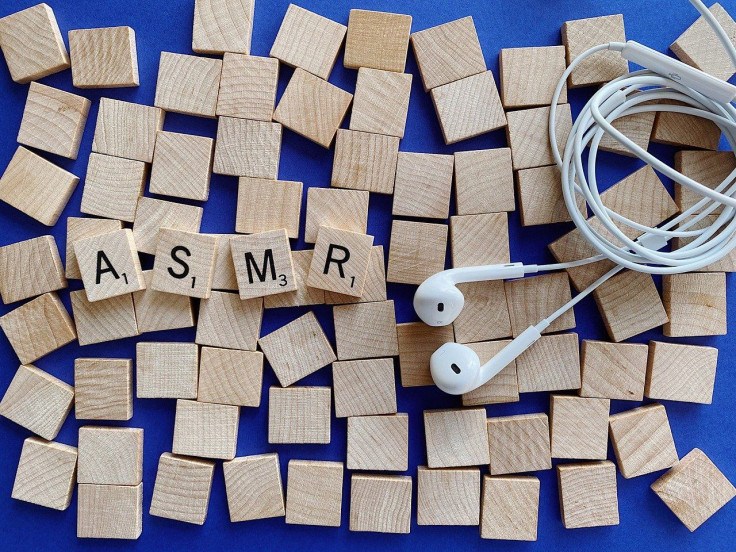Ability To Experience ASMR Linked To Higher Anxiety, Neuroticism But May Have Benefits: Study
KEY POINTS
- ASMR experiencers and non-experiencers were asked to watch an ASMR video
- Experiencers were found to have higher levels of neuroticism and trait anxiety
- They also had higher state anxiety, but it dropped after seeing the ASMR clip
- The state anxiety of non-experiencers didn't change after watching the video
Are you one of the people who can experience the tingly sensations of Autonomous Sensory Meridian Response (ASMR)? It may be linked to higher anxiety and neuroticism, but the experience may also have benefits, a new study has found.
ASMR is basically an intense tingling sensation that begins from the head and neck and may spread throughout the body. There are various ASMR triggers, including soft whispering, crinkling of paper and gentle touch.
There has been a rise in videos that trigger ASMR in recent years, and many people who watch them report relaxing benefits, the Public Library of Science (PLOS) noted in a news release. However, not everyone is capable of experiencing ASMR.
It was suggested in past research that those who can experience ASMR actually have higher levels of neuroticism or the "tendency toward anxiety, depression, self-doubt, and other negative feelings."
"It is therefore plausible to suggest that if greater levels of neuroticism are found amongst ASMR experiencers, this may predict negative affect and thus an increased disposition for elevated trait and state anxiety in these individuals," researchers of the new study, published in PLOS One Wednesday, wrote.
However, the exact relationship between ASMR and these personality traits has remained "unclear," according to the study.
For their work, the researchers asked 36 ASMR experiencers and 28 non-experiencers to watch an ASMR video. The participants completed assessments on neuroticism and trait anxiety, which is the general tendency to experience anxiety. They also answered an assessment on "moment-to-moment" or state anxiety before and after watching the video.
The researchers found that those who experience ASMR actually had "significantly higher" levels of neuroticism and trait anxiety. They also had higher levels of state anxiety before watching the video but it dropped after watching the video. On the other hand, the researchers did not find a difference in the state anxiety of non-experiencers before and after watching the ASMR video.
This suggests that those who can experience ASMR are actually "more likely to experience negative emotional states and have a propensity for trait anxiety," the researchers said, noting the "strong" correlation between the scores of neuroticism and anxiety. The results also suggest that such ASMR videos indeed have positive effects for those who can experience them.
"Subsequent mediation analyses identified the importance of pre-existing group differences in neuroticism, trait and (pre-video) state anxiety in accounting for the group difference in the reduction of state anxiety," the researchers wrote.
Taken together, the work supports the idea of watching ASMR videos as a "clinically relevant" intervention for acute state anxiety among those who can experience it. But according to the researchers, further study is needed to address the limitations of their study and to "verify the potential mechanism behind ASMR's anxiety-reducing capabilities."
"(T)he pattern of reduced state anxiety, along with the results of the mediation analyses, suggest that ASMR could be employed as a clinical intervention in general, targeting any group of individuals who have elevated levels of neuroticism or anxiety," the researchers wrote.

© Copyright IBTimes 2024. All rights reserved.






















